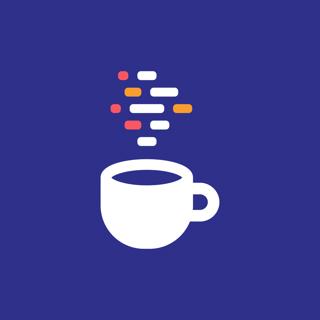
How You Can Feel Less Lonely
1. Distraction - devoting time to hobbies, study or work
1 Loka 201813min

How You Can Feel Less Lonely
2. Taking up new social activities or joining a club
1 Loka 201814min

How You Can Feel Less Lonely
3. Changing your thinking to make it more positive
1 Loka 201810min

How You Can Feel Less Lonely
4. Starting a conversation with someone
1 Loka 20189min

How You Can Feel Less Lonely
5. Talking to Friends or family about your feelings
1 Loka 20189min

How You Can Feel Less Lonely
6. Look for the good in everyone
1 Loka 201812min

How You Can Feel Less Lonely
7. Reflecting on why you feel lonely
1 Loka 20188min

All in the Mind Awards ceremony from the Wellcome Collection in London
Claudia Hammond hosts the All in the Mind Awards Ceremony from Wellcome Collection in London and meets all the All in the Mind Award finalists. Back in November we asked you to nominate the person, professional or group who had made a difference to your mental health.Throughout the current series we've been hearing the individual stories of the nine finalists, and this edition offers the chance to recap the people and organisations who've made a huge difference to other people's lives - and of course to hear comments from the judges and winners from each of the three categories.The event is hosted by Claudia Hammond.Judges are Olympic athlete Dame Kelly Holmes, mental health campaigner Marion Janner, Mathijs Lucassen lecturer at the Open University, and manager of mental health services, Mandy Stevens Produced by Pam Rutherford and Adrian Washbourne.
26 Kesä 201828min





















